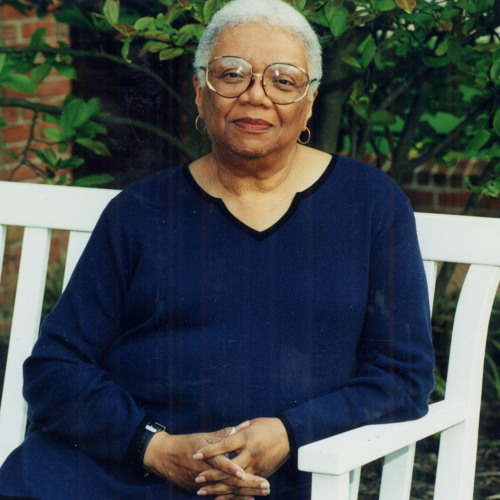(at St. Mary’s)
may the tide
that is entering even now
the lip of our understanding
carry you out
beyond the face of fear
may you kiss
the wind then turn from it
certain that it will
love your back may you
open your eyes to water
water waving forever
and may you in your innocence
sail through this to that.
Published:
2001
Length:
Shorty
Literary Movements:
Contemporary
Anthology Years:
2022
2023
Themes:
Faith & Hope
Literary Devices:
Alliteration
the repetition of the same letter or sound at the beginning of words appearing in succession
Anaphora
a figure of speech in which words repeat at the beginning of successive clauses, phrases, or sentences
Caesura
a break between words within a metrical foot
Enjambment
a line break interrupting the middle of a phrase which continues on to the next line
Extended Metaphor
a metaphor that extends through several lines or even an entire poem
Personification
the attribution of human qualities to a non-human thing

